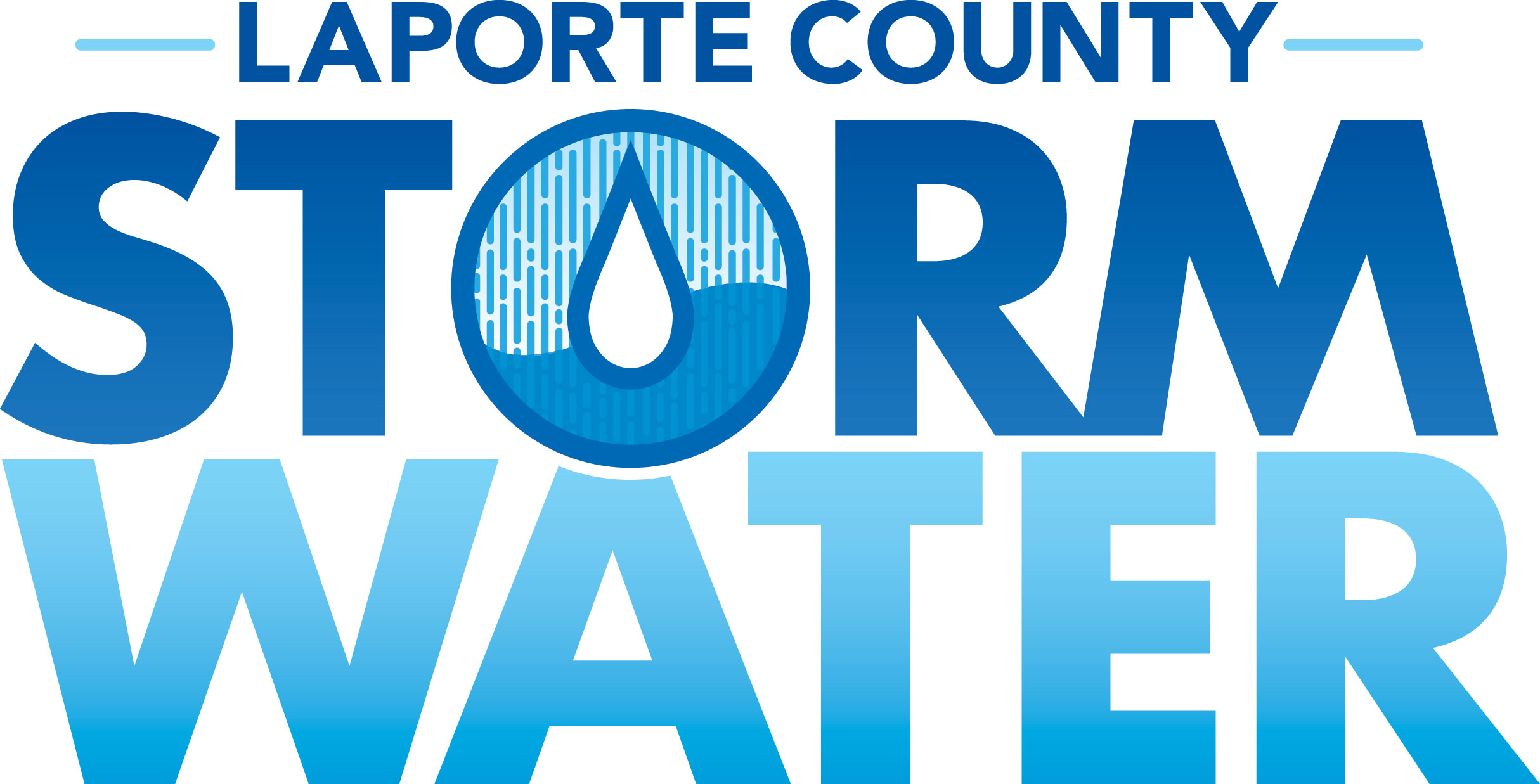Residents/Household
CONTACT

HOURS
Monday – Friday
8:00 AM – 4:00 PM
Notice: Due to the nature of our business, the office may not be staffed periodically throughout the day. Please call ahead or email before coming out.
ANNUAL REPORTS
What can homeowners do to prevent contaminated stormwater run-off?
- Clean up after your pet!
- Only use the minumum amount of fertilizer on your lawn
- Utilize deep-rooted native plants that require no fertilzer and help infiltrate excess stormwater
- Direct your gutter downspouts away from paved surfaces and consider a rain garden to help infiltrate the water from your roof
- Cover any exposed soil with vegetation. Native plants are best!
- Wash your car in the grass or the carwash. Avoid washing in the driveway where soaps, detergents and other debris can run into the storm drains.
Where can I find resources to help me reduce my stormwater run-off?
- Blue Thumb-Planting For Clean Water
- Lawn to Lake Midwest
- Penn State’s “Homeowners Guide to Stormwater”
- United States Environmental Protection Agency “How’s My Waterway?” tool allows you to explore the health of your local lake, river or stream!
- Purdue University has an excellent web site pertaining to septic systems. Here you will find frequently asked questions along with plenty of publications about septic systems that will have the answers to homeowner and installer questions.
www.ces.purdue/henv/SepticSystems.htm - IOWPA (Indiana On-Site Wastewater Professionals Association, Inc) is a non-profit organization that assists and educates homeowners and professionals. www.iowpa.com
While homeowners do not have regulatory requirements in terms of storm water, even a small plot of land can have an impact on the quality of the water entering our rivers, streams and lakes. The impervious or hard surfaces of rooftops, driveways and patios can contribute polluted run-off. This run-off can pick up pollutants such as oil, pet waste, lawn fertilizers, pesticides and nutrients from grass clippings.
In addition, homeowners that have illicit discharges into storm drains or regulated county drains (ditches) can be causing large problems.
Remember, we all live in a watershed! This means that all of the water that falls as rain will drain into our nearest waterway. Everything we do on the land has an impact on our water quality-the water we use for drinking, bathing, swimming, fishing and recreation!
